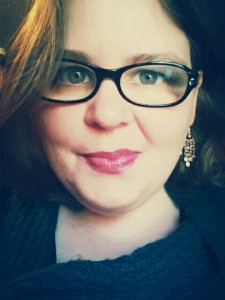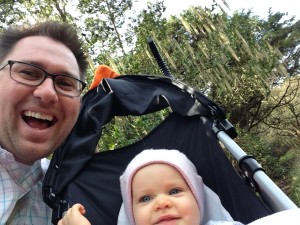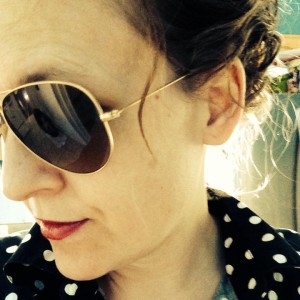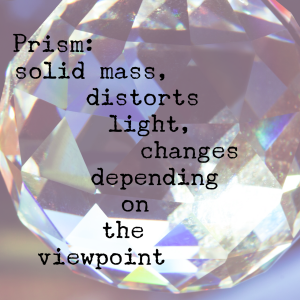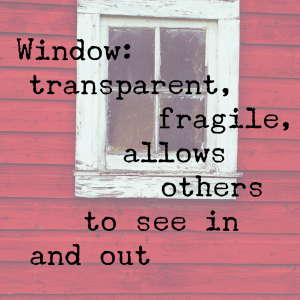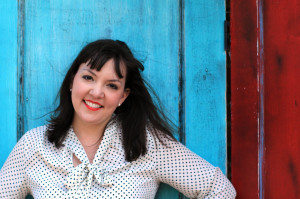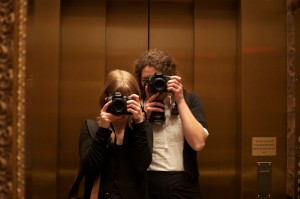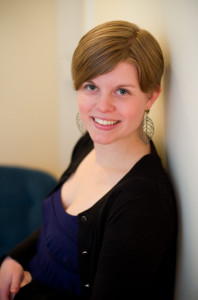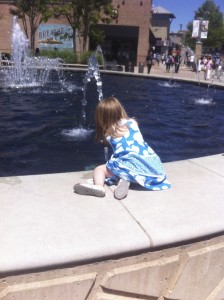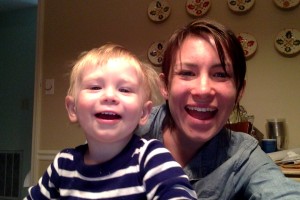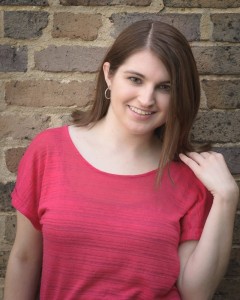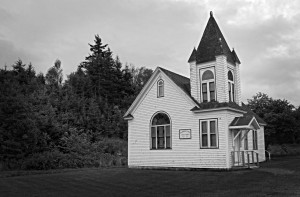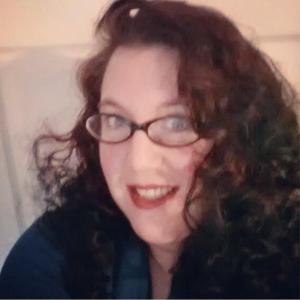Southern California doesn’t really submit to the whole concept of “seasons.” Southern California has 85-degree weather whenever it feels like it, which is about 11 months per year.
The 30-or-so days of cloudiness, chill, and sometimes even rain that we do receive annually are spread out in seemingly random two- or three-day sets throughout the year. There are inevitably a couple of “unpleasant” days around Halloween, just enough to make people worry about outdoor carnivals. Then, usually a few days in March, which are generally welcomed because they bring out the bright yellow daffodils in time for my birthday. Of course, around Christmas when we would love to enjoy a hot holiday drink from Starbucks and a rainy day, we can’t find a cloud in the sky or any temperatures below 75 degrees. Find us in California struggling to enjoy iced pumpkin spice lattes. It’s just not the same.
I’ve lived in Southern California for my whole 26 (almost 27) years of life, and I continue to be caught off guard by the unpredictable, albeit lovely and temperate, weather here. I allow myself to be caught up in these idealistic concepts of what the holiday season or springtime will be like and then find myself so often disappointed when it’s too hot to take a springtime walk or there are no such things as snowflakes for 100 miles in any direction from my house. And then every once in a while, right when I think “It’s always nice in June,” I’ll plan a barbecue and it pours rain for a few hours and we have to move inside. That’s the rare case, but it just goes to show me that I can never be sure what is coming next.
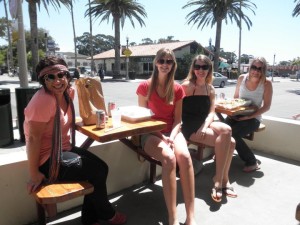 This Groundhog Day, February 2nd, reminded me yet again that our weather never follows anyone else’s rules. On the one hand, Punxsutawney Phil saw his shadow, which predicted six more weeks of winter. On the other hand, California cares nothing for Pennsylvania’s predictions about our weather, and we had our first 80+ degree temperatures of the new year. The calendar says it is supposed to be winter until March 21, but here, we already look like summer time with our shorts and hammocks.
This Groundhog Day, February 2nd, reminded me yet again that our weather never follows anyone else’s rules. On the one hand, Punxsutawney Phil saw his shadow, which predicted six more weeks of winter. On the other hand, California cares nothing for Pennsylvania’s predictions about our weather, and we had our first 80+ degree temperatures of the new year. The calendar says it is supposed to be winter until March 21, but here, we already look like summer time with our shorts and hammocks.
As I joked with my coworkers about the heat wave in February, I recognized for maybe the first time that there could be something profoundly beautiful about the fickleness of the weather. Maybe I could appreciate that seasons do shift, even when it is unpredictable. Perhaps there could be rejoicing in the knowledge that unexpected disappointment may sometimes skip hand-in-hand with unexpected excitement.
In a similar way, at some point during my 20s I had determined that this season of my life was supposed to look a certain way. I used to expect this to be the springtime of life, when things are all rose gold and princess cut and little pink lines. When things didn’t fall into place for me that way, I thought, “Well, then, it must be a season of winter!” I could choose contentment in the paycheck and the late night drives with friends for no reason and having enough time to take voice lessons.
Just when I think that I’ve nailed things down exactly the way they are, it’s all changing again. All of a sudden my life is full of daisies and gleaming sunlight and exhales that turn into smiles without my permission. Perhaps I will never figure out what’s coming next, in my life, or in the Southern California skies. Maybe I’ll learn, though, to embrace the uncertainty and pick daffodils to collect on my table while they are blooming.
* * * * *
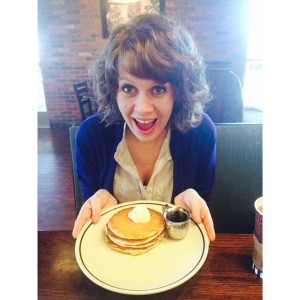 “Where Seasons Don’t Change On Time” was written by Sarah Rose Lochelt. Sarah is a Southern-California native who works at a local Christian university near her home in Glendora. She studied youth ministry for her Bachelor’s degree and counseling ministry for her Master’s degree, and wishes she could get paid to read books for a living. On any given day, you can find her choosing food based on texture, laughing until she cries, and commenting about how “the book was better than the movie.” She blogs, and also writes movie reviews for Mike & Rusty’s UK site on the side.
“Where Seasons Don’t Change On Time” was written by Sarah Rose Lochelt. Sarah is a Southern-California native who works at a local Christian university near her home in Glendora. She studied youth ministry for her Bachelor’s degree and counseling ministry for her Master’s degree, and wishes she could get paid to read books for a living. On any given day, you can find her choosing food based on texture, laughing until she cries, and commenting about how “the book was better than the movie.” She blogs, and also writes movie reviews for Mike & Rusty’s UK site on the side.
